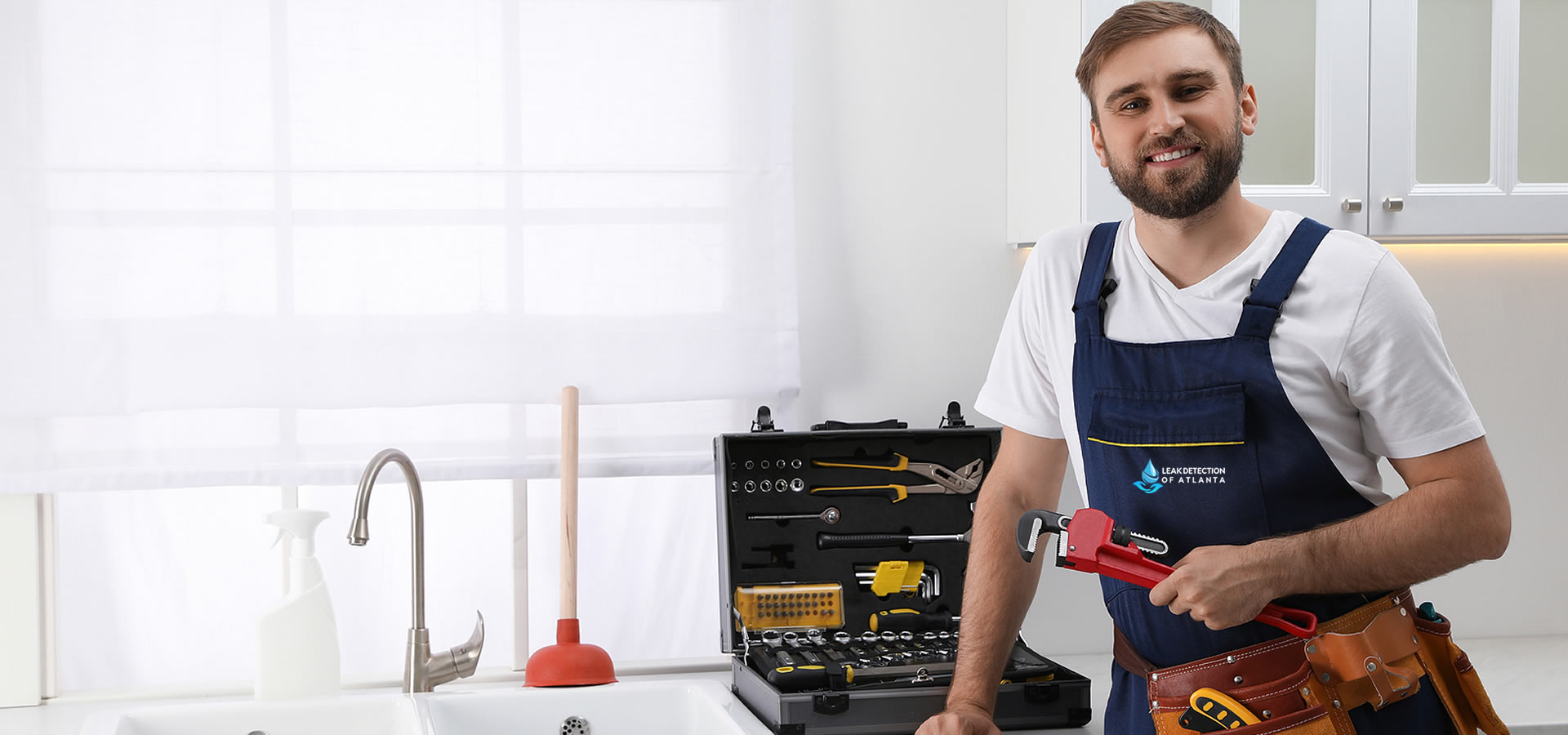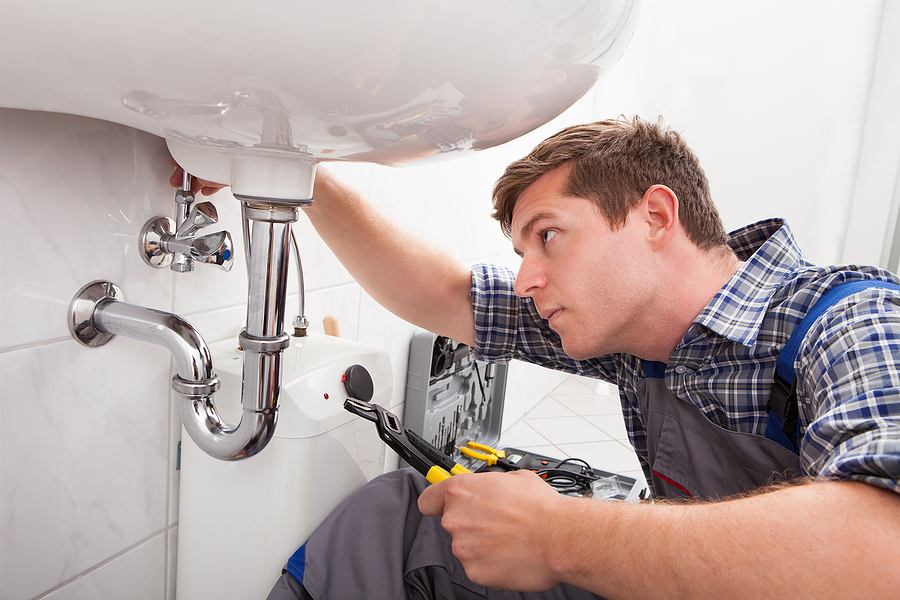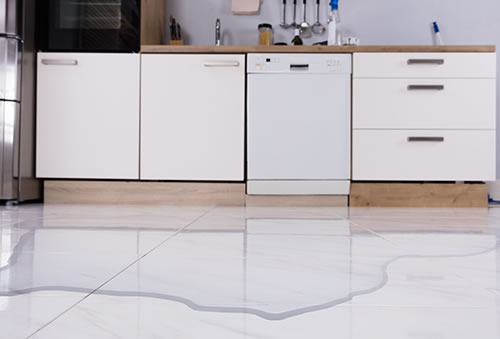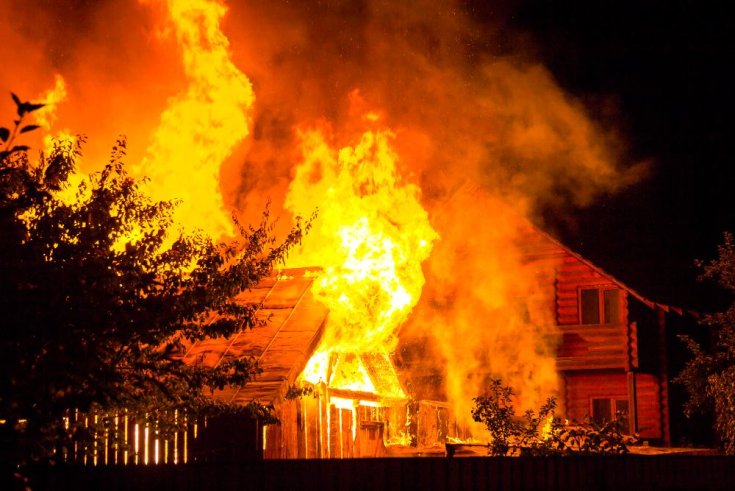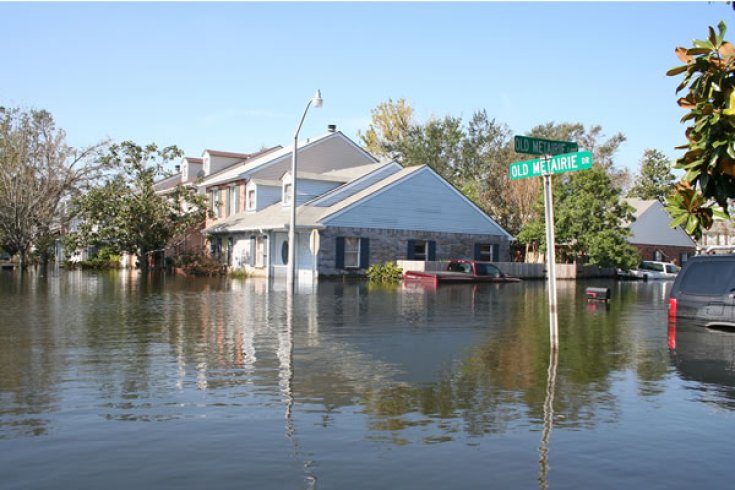How Long Do Pipes Last?
Piping is one of the three main components of a plumbing system — pipes and fittings, drainage, and fixtures. However, it's essential to know, at this point, that piping transfers water between different devices and locations on your property, providing you with a clean water supply (hot and cold) to your faucets and showerhead. An interruption to your piping can be disastrous not just for your plumbing but also for the structural integrity of your building. You may need an emergency plumber for piping repairs if a pipe bursts, causing flooding or leaks. Leak Detection of Atlanta offers emergency services for all your plumbing needs.
Types of Piping
You can expect your plumbing to last 10 to 15 years. The life expectancy of your pipes depends on the type of pipe you have installed in your home. Here is a list of different types of pipes and their average lifespan.
Copper
Copper is popular for residential plumbing because it is inexpensive and easy to work with. Copper pipes can last 20 to 30 years when properly maintained. If you have copper pipes that are more than 15 years old, consider replacing them before they start leaking or corroding.
Brass
Brass is another popular choice for residential plumbing because it doesn't corrode as easily as copper. Brass piping has an average lifespan of 50 years or more when properly maintained and installed by a professional plumber.
Galvanized Steel
Galvanized steel is an inexpensive material that works well for cold-water supply lines and drainpipes because it resists corrosion in moist conditions like kitchens and bathrooms. It isn’t suitable for hot-water supply lines because it won’t withstand heat from cooking appliances or showers/sinks over time without becoming brittle and cracking. On average, this type of pipe needs to be replaced every 30-40 years.
Cast Iron
Cast iron pipes are the most common material for water and sewer lines. They are durable and relatively inexpensive, but they require more maintenance than other types of piping. If a cast iron pipe is exposed to freezing temperatures or direct contact with salt, it can corrode over time. You should have your home plumbing systems inspected periodically to ensure they are not breaking down.
Polybutylene
Polybutylene piping was widely used in homes built during the 1980s and 1990s as an alternative to copper because it was cheaper and easier to install. Unfortunately, polybutylene has proven unreliable and prone to leaks over time due to its chlorine molecules composition, making it more susceptible than other types of pipe when exposed to heat or cold temperatures. Leak Detection of Atlanta recommends replacing polybutylene piping as soon as possible before any damage occurs.
Lead
Lead pipes are typically used for service lines from the main to the house and connecting copper lines to fixtures such as faucets, toilets, and water heaters. Lead is more flexible than copper, which makes it susceptible to corrosion over time. The average lifespan of a lead pipe is 100 years.
Lead pipes are no longer used in homes because they deteriorate over time and become brittle. When lead pipes are disturbed during construction or renovation projects, they can release lead into the water supply and contaminate drinking water with harmful levels of lead. Homes built before 1986 (when lead was banned in residential plumbing) may have lead pipes connected to their water supply system.
Leak Detection of Atlanta
Whether you have copper, galvanized steel, cast iron, or another kind of piping in your home, the key to a long-lasting system is simple: stay ahead of the leaks. If you catch problems early on and repair them quickly, your system should last for decades—partner with Leak Detection of Atlanta before you need an emergency plumber. However, if you end up needing an emergency plumber, we can help.

